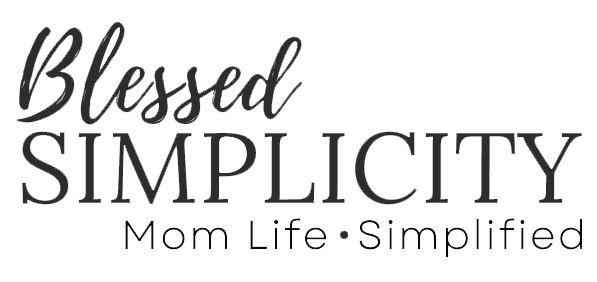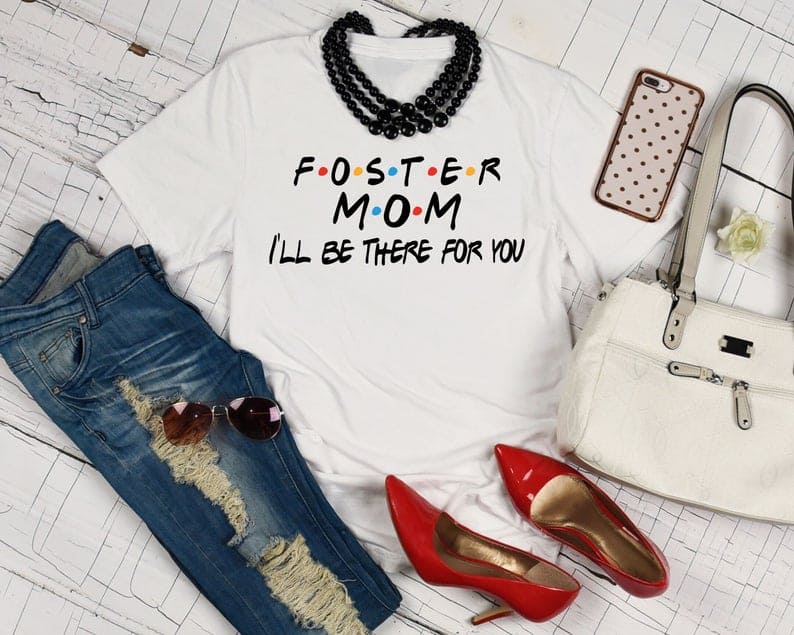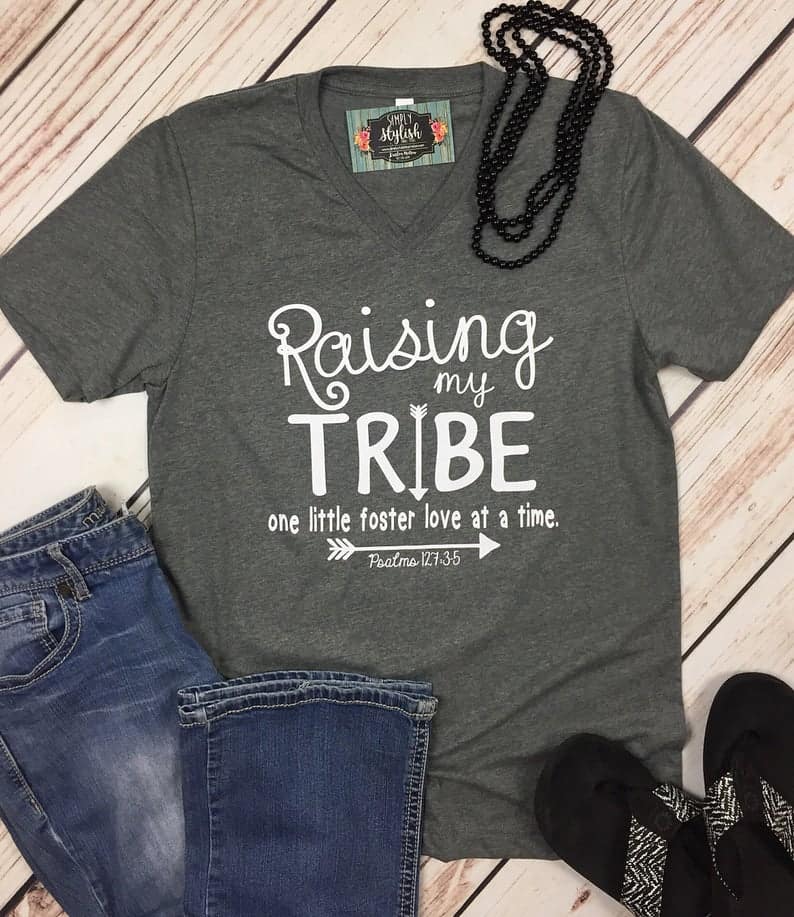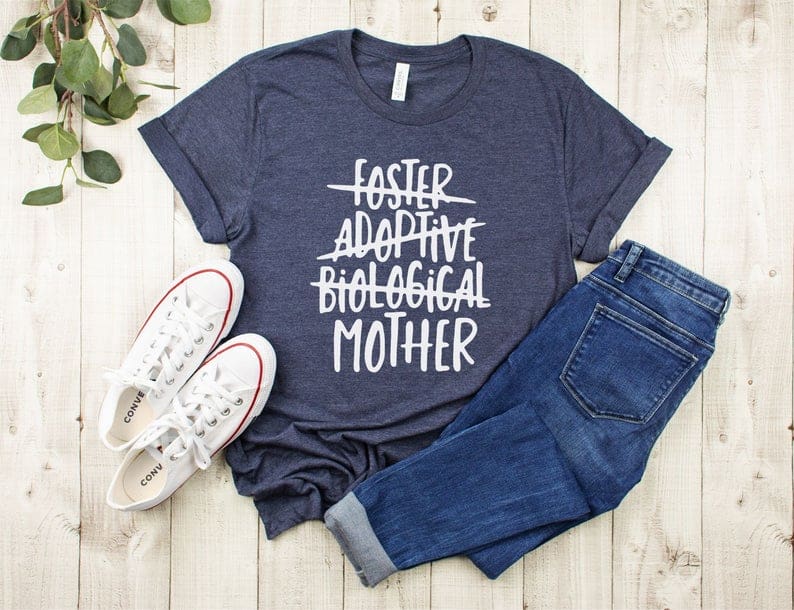Foster Care System Pros and Cons
Making the decision to become a foster parent is huge. Once you begin the foster parenting process, there are lots of Tips for Foster Parents that can help you along the way. However, before you even begin the process it is a good idea to fully understand the foster care system pros and cons.
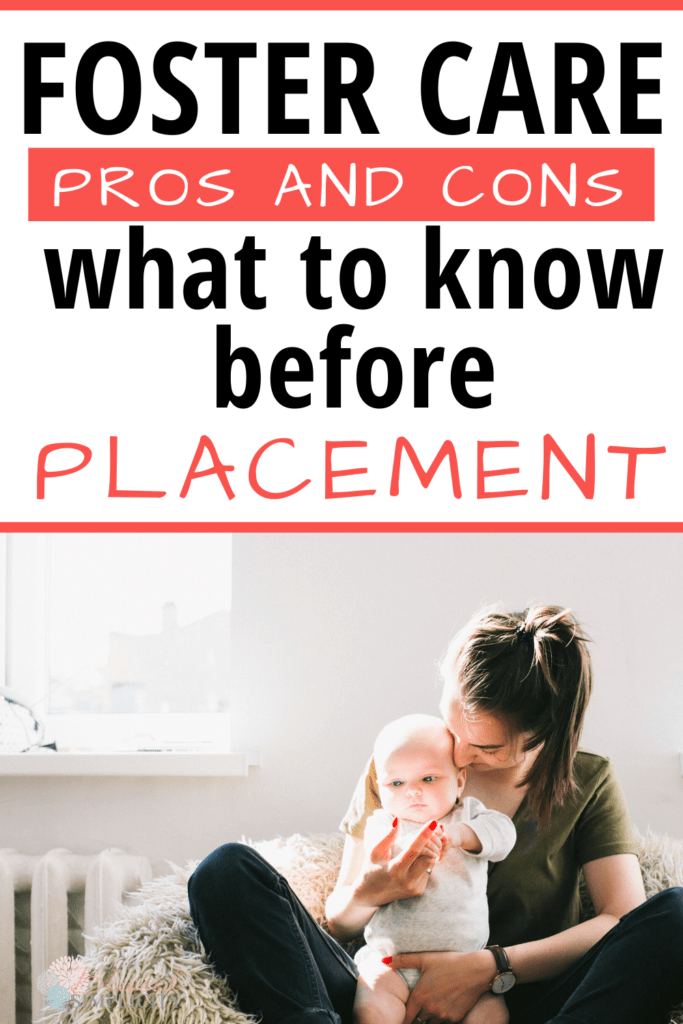
*This post contains affiliate links. See full disclosure below.
Foster Care System Pros and Cons
I was a foster parent for many years with the goal of adoption. Two of our four adoptions were children who we fostered. Though I am absolutely certain I would not change one detail of how our children came into our lives, there are definite pros and cons to to becoming a foster parent and adoption from the foster care system.
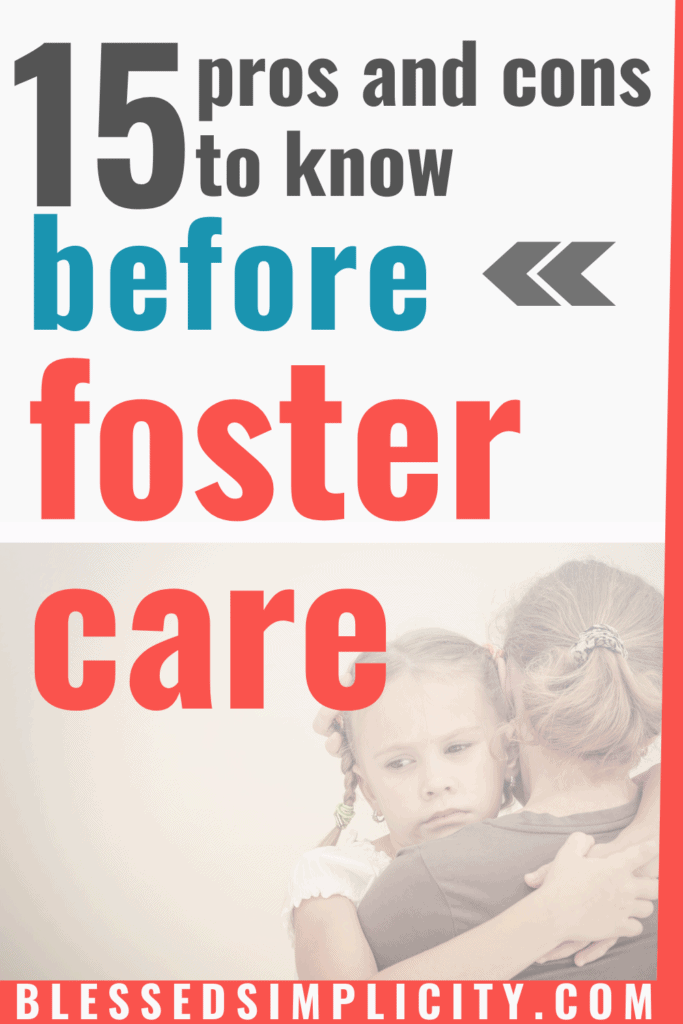
Pros to Becoming a Foster Parent
You will be helping foster children who need help.
There are never enough foster parents in the United States. There were approximately 440,000 children in the United States Foster Care System in 2019 and that statistic continues to grow. You can find this statistic and others about children in the foster care in the United States at iFoster.org.
Fostering to adopt is cost effective.
The average cost of a private domestic adoption in the United States is $43,000. That is a huge expense. Many couples who may want to grow their family may not be able to afford such an expense. The foster care system allows many families to adopt without the cost of legal fees, home study costs, etc.
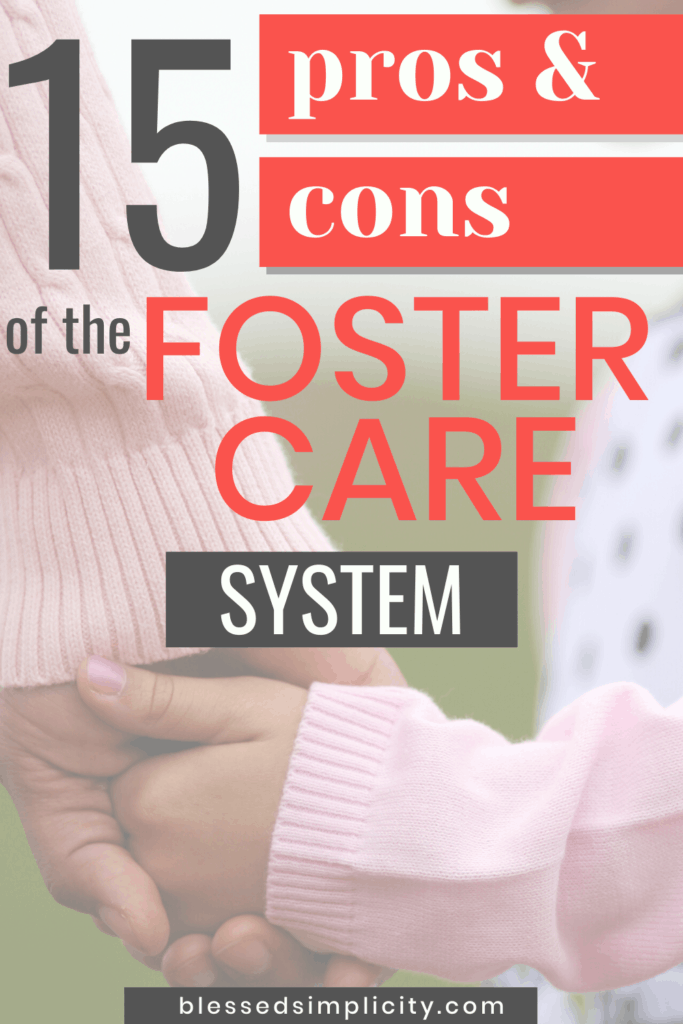
You will get lots of training.
It’s true! You will get lots of foster parent training; maybe more than you want. Though nothing can fully prepare you for the actual experience of foster parenting, the training is actually very valuable. In fact, some of the training has been useful for parenting all of our children.
You will meet other foster parents.
Sometimes it can be difficult to find other parents with the same heart for children as you. Attending foster parent training classes and foster family events will allow you to meet lots of other foster parents who are in the trenches with you. You will be able to learn from their experiences and gain some knowledge. Plus, they are often just really cool people!
Your Eyes will be opened to the needs of children in crisis.
I never fully understood the needs of a foster child until I was a foster parent. I was exposed to a whole new realm of emotional issues, developmental delays and even physical limitations.
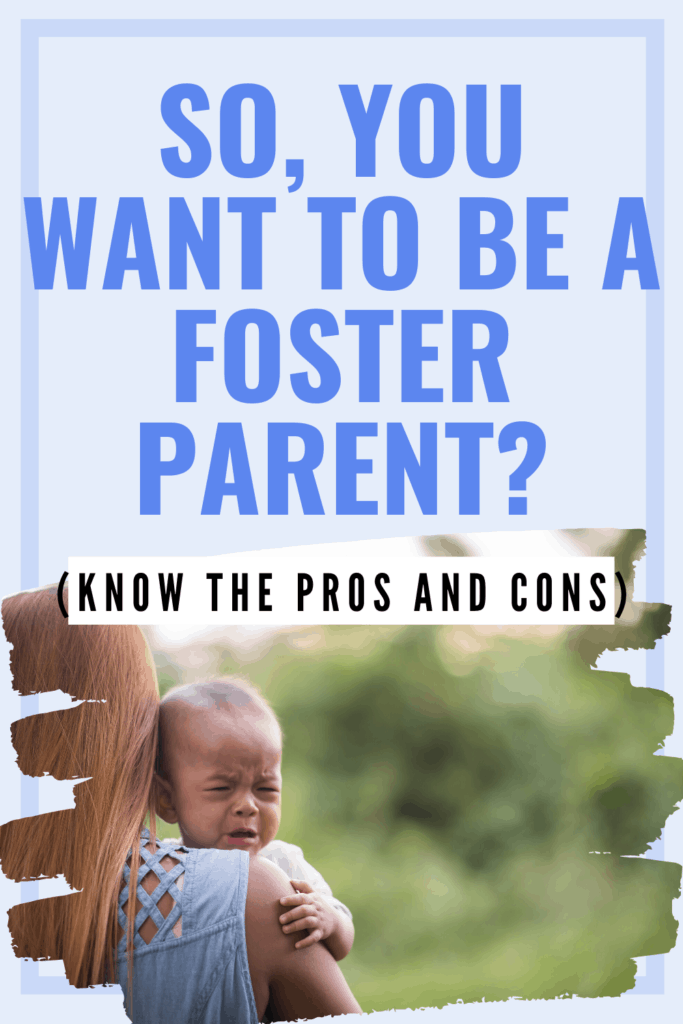
Cons of Foster Parenting
Foster Parenting Does Not Always Work Out
No matter what you do or how hard your try, foster parenting will not always work out the way you expect. You might invest years into a child and they may still end up breaking the law. You may foster to adopt a child only to see that child returned to his biological family.
Difficult Children
Foster children are not always the easiest children to parent. I do not blame them. They have all been through trauma that can result in difficult behaviors. I am simply stating that many foster children who will come into your home are more difficult to parent though everyday situations than a child who has not been in foster care.
Addicted Babies
Many of the babies born into the foster care system are there because their mothers were addicted and they were born addicted. They are beautiful, and amazing, and they are hard. Babies who are born addicted as diagnosed with Neonatal Abstinence Syndrome (NAS), and you can read more about syndrome and its effects here.
Becoming a new mother to a newborn is difficult. Mothering a newborn who is addicted is hard in ways I cannot fully explain. There is less sleep, and more inconsolable crying. There are health and developmental effects.
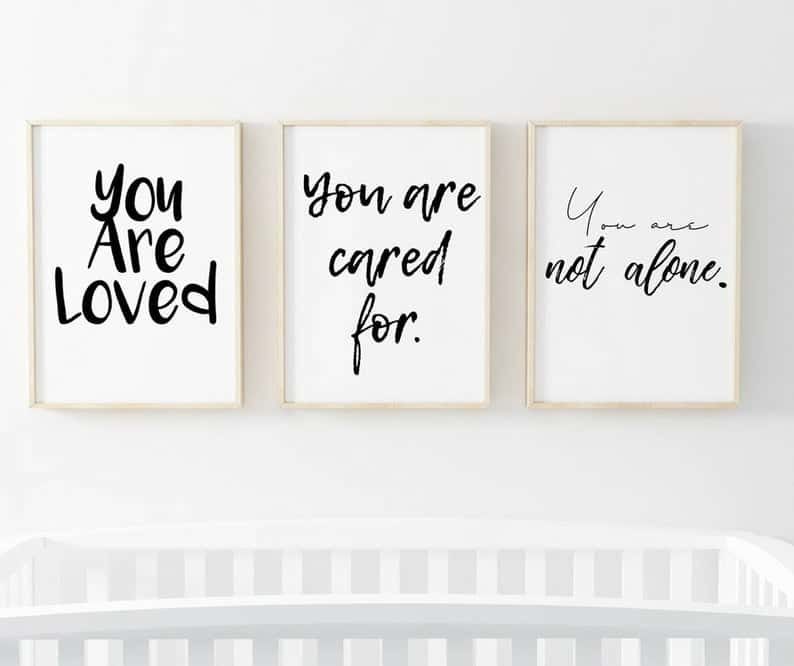
Special Needs Children
I hesitate to list special needs children as a “con” of foster parenting. Three of my six are considered “special needs,” I would definitely list them as “pros” in my life. My life is richer and fuller because they are in it. However, in the interest of full disclosure, I have to make a note that many children in foster care are labeled as “special needs.”
Special needs can mean anything from ADHD to Down Syndrome and everything in between. A special needs child is a youth who has been determined to require special attention and specific necessities that other children do not. The state may declare this status for the purpose of offering benefits and assistance for the child’s well-being and growth.
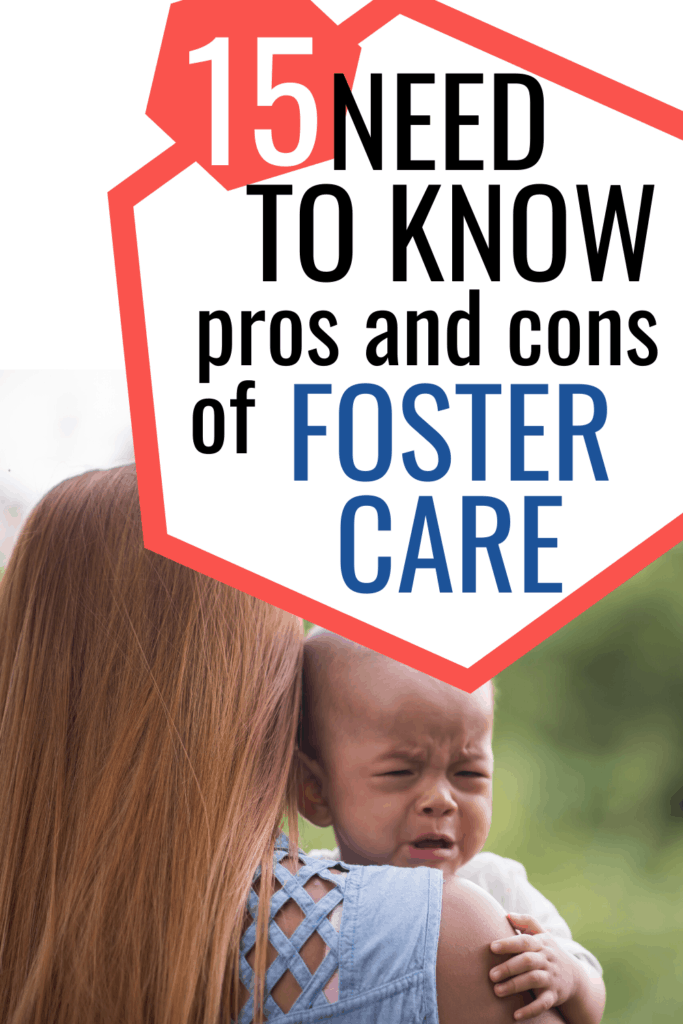
Reactive Attachment Disorder
Approximately 2% of the U.S. population is adopted, and between 50% and 80% of such children suffer from attachment disorder symptoms, because of early maltreatment in the form of neglect and abuse.
There are ways to bond with a foster or adopted baby, and there are signs and symptoms of attachment issues in an infant you should watch for:
- Avoids eye contact
- Doesn’t smile
- Doesn’t reach out to be picked up
- Rejects your efforts to calm, soothe, and connect
- Doesn’t seem to notice or care when you leave them alone
- Cries inconsolably
- Doesn’t coo or make sounds
- Doesn’t follow you with their eyes
- Isn’t interested in playing interactive games or playing with toys
- Spends a lot of time rocking or comforting themselves
Social Workers In Your Home
I must say that through our four adoptions, I have had some the best, most relaxed social workers and case managers in my home. However, no one likes to feel as if they are under scrutiny, especially in their own home. In order to observe the care of a foster child and the living situation of the child, case workers are in the foster home on a regular basis, even after the home study.
Doctor Visits
Children in foster care have often had little to no medical care. They are often behind on dental and vision screenings. They also often have undiagnosed conditions. All of these factors lead to the need for frequent doctor visits for foster children, particularly soon after placement. This takes time. There are also children in foster care who are considered medically fragile or medically complex. Their healthcare needs are even greater.
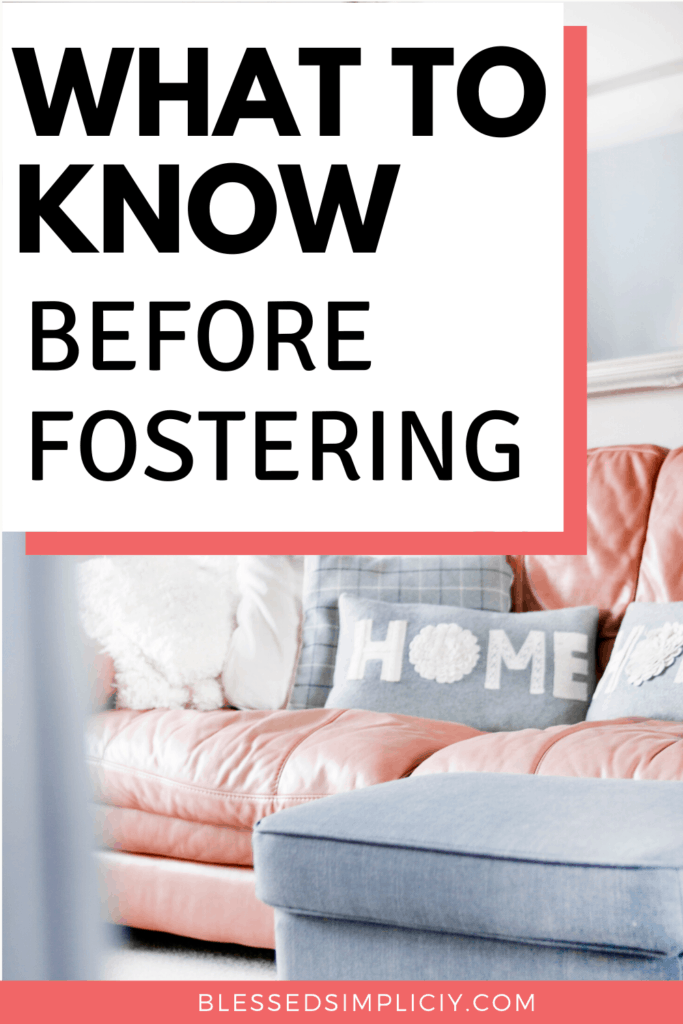
Negative Comments and View of Foster Care
Unfortunately, negative comments reflecting a largely negative view of foster care are a reality. I have had negative comments from friends, family and complete strangers about fostering children. It’s just one of those things you have to be ready for. It also helps to be really clear on your “why” when you are foster parenting.
Paperwork and Training
Throughout the foster care process, there is a LOT of paperwork and training. The training is primarily in the beginning and during the home study process, but there are also continuing education hours that are required by most states.
Paperwork is also an ongoing reality in foster care. There will be care sheets, medication logs, and incident reports, just to name a few. It is best to build a new foster care notebook for each child who comes to your home.
You have no rights as a foster parent.
Foster parents have no parental rights. Though they are the primary caregivers, they are no rights in regard to the foster child. This can be terribly difficult. The length of time spent with a foster child does not give a foster parent rights, nor does their love of the child.
My personal thoughts about foster care.
It’s hard. Foster care is emotionally, mentally and physically hard, but it’s worth it to make a difference in the life of a child.
If you have questions about Foster Parenting
You can join my Foster Care and Adoption Questions and Answers Facebook Group here and you can join my email list below for free resources and encouragement.


